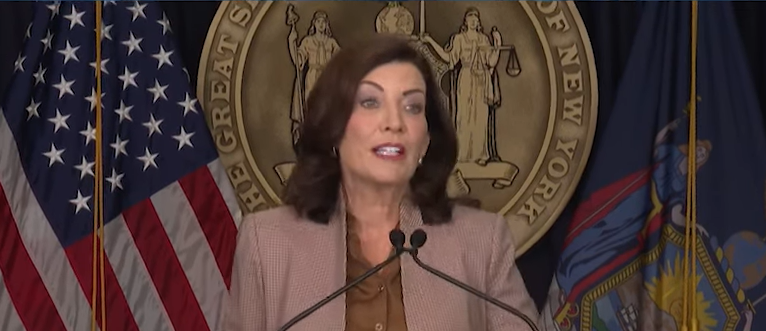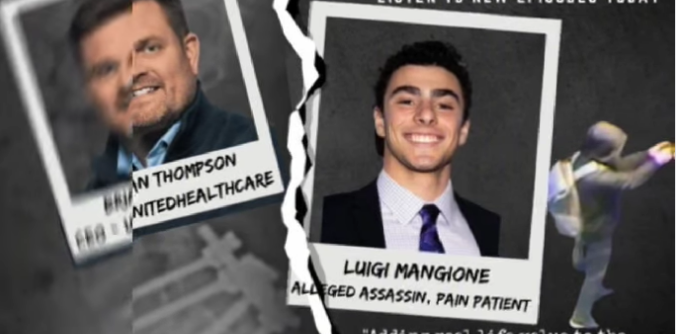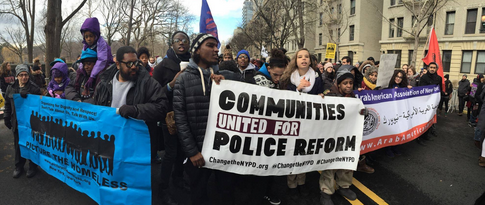Photo: Innocence Project
Monday marked 20 years since Antron McCray, Kevin Richardson, Raymond Santana, Korey Wise and I — now known as the Exonerated Five — were finally cleared of all charges after being wrongly convicted and incarcerated for a 1989 assault and rape in New York City’s Central Park.
In 1990, while I was out on bail during my trial, I remember being on the phone with a friend when someone ran up to me, saying, “They got the verdict! They got the verdict!” I told my friend, “Hey, they got the verdict. I’ll see you in a little while. I’ll be right back.” I didn’t know that I wouldn’t be back for seven years.
We were all just teenagers when we were wrongly convicted. We were scared, confused, and desperately wanted to go home to our families.
It took 12 years and a lot of work for us to finally be exonerated, and now, I spend a lot of my time with organizations like the Innocence Project, working to change the system that stole years of my life.
During the hours of relentless questioning that we each endured, detectives lied to us repeatedly, saying they already had evidence against us. They even told us that if we just admitted to participating in the attack, we could go home. But none of that was true. It felt like they had already made up their minds that we were guilty the moment we stepped into the police station.
The thing is, our story is not as uncommon as it should be. False confessions have played a role in nearly 30% of wrongful convictions later overturned by DNA evidence. In New York, 43 people who have been exonerated, including the five of us, were wrongly convicted based on false confessions. And children are especially vulnerable to false confession, particularly when subjected to police deception.
After the truth came out in 2002 and DNA evidence proved our innocence, we finally got our lives back. But when you spend five or 10 years in prison doing someone else’s time, that stays with you — and it’s hard to think about what your life could’ve been.
I know it’s hard to imagine why anyone would confess to a crime they didn’t commit. But when you’re in that interrogation room, everything changes, especially when you’re just a scared kid.
The Innocence Project not only works to free innocent people from prison, but the team also fights to pass policies — like banning police deception — that help stop wrongful convictions from happening in the first place.
We’ve got to keep supporting this work because it could save innocent people from having to endure the pain that the five of us experienced as children. So, on the 20th anniversary of my exoneration, I’m asking you to make a donation to the Innocence Project and ensure that they can keep fighting for truth and justice for people like me. https://innocenceproject.org/year-end-2022/?f_src=FY23_em_12192022_gen_nmat_campEOY_fr_YS_FY23frYSEOYYusef3mo_3mo_L2
Thank you so much for your support,
Yusef Salaam
Innocence Project Board Member
Exonerated in 2002







